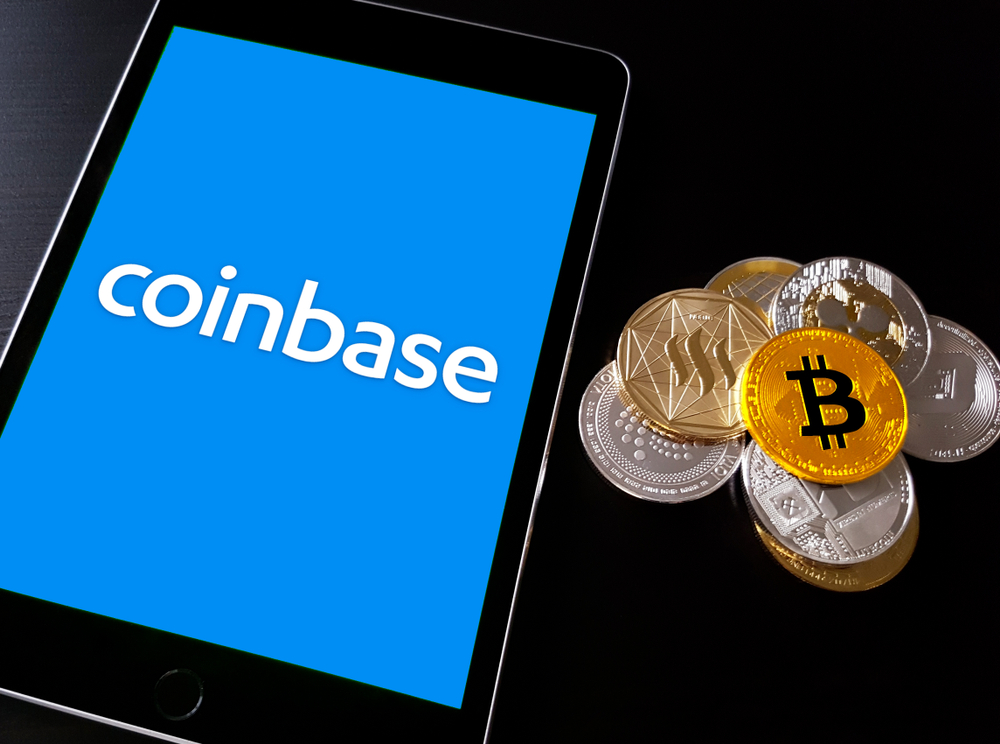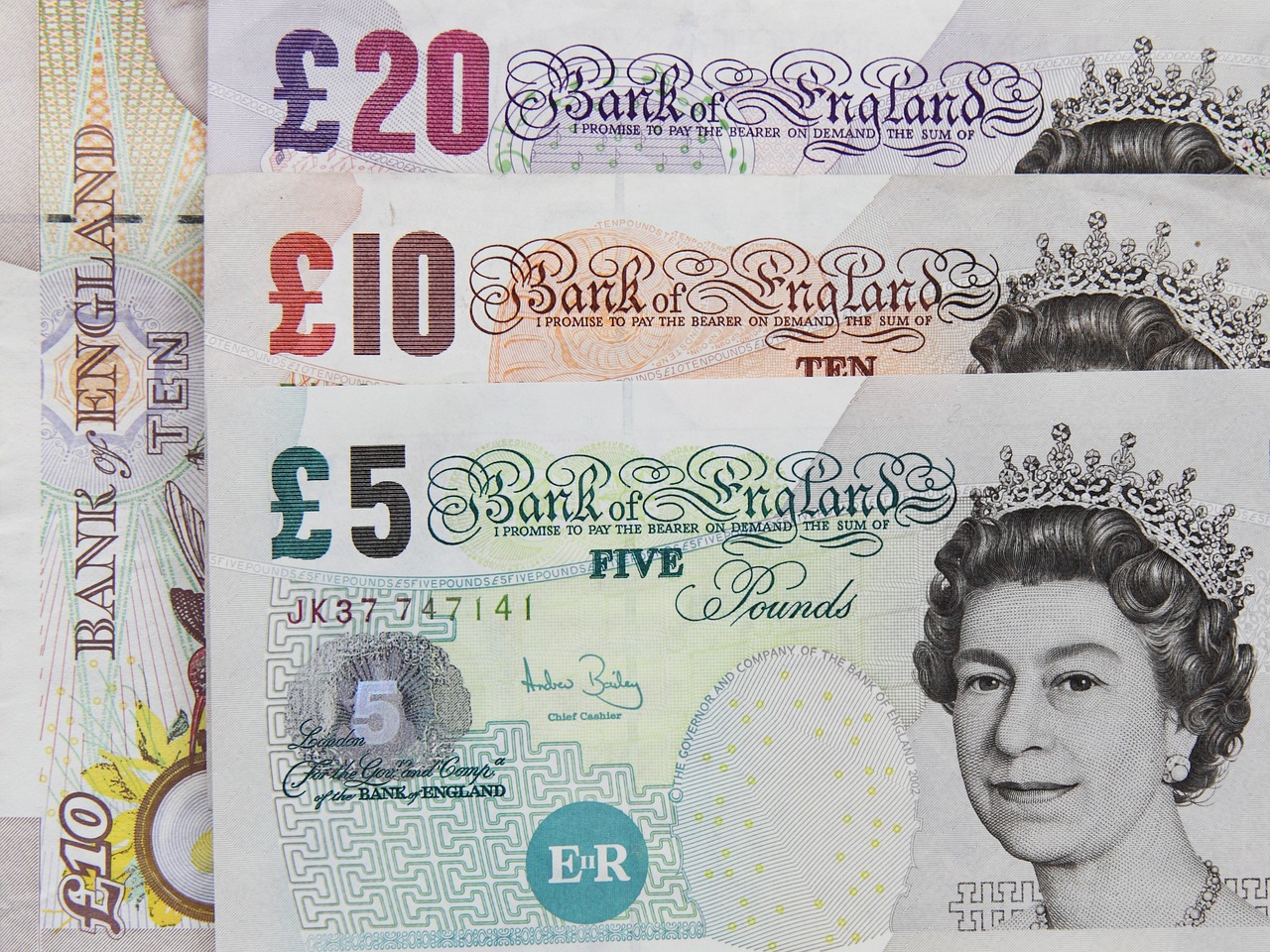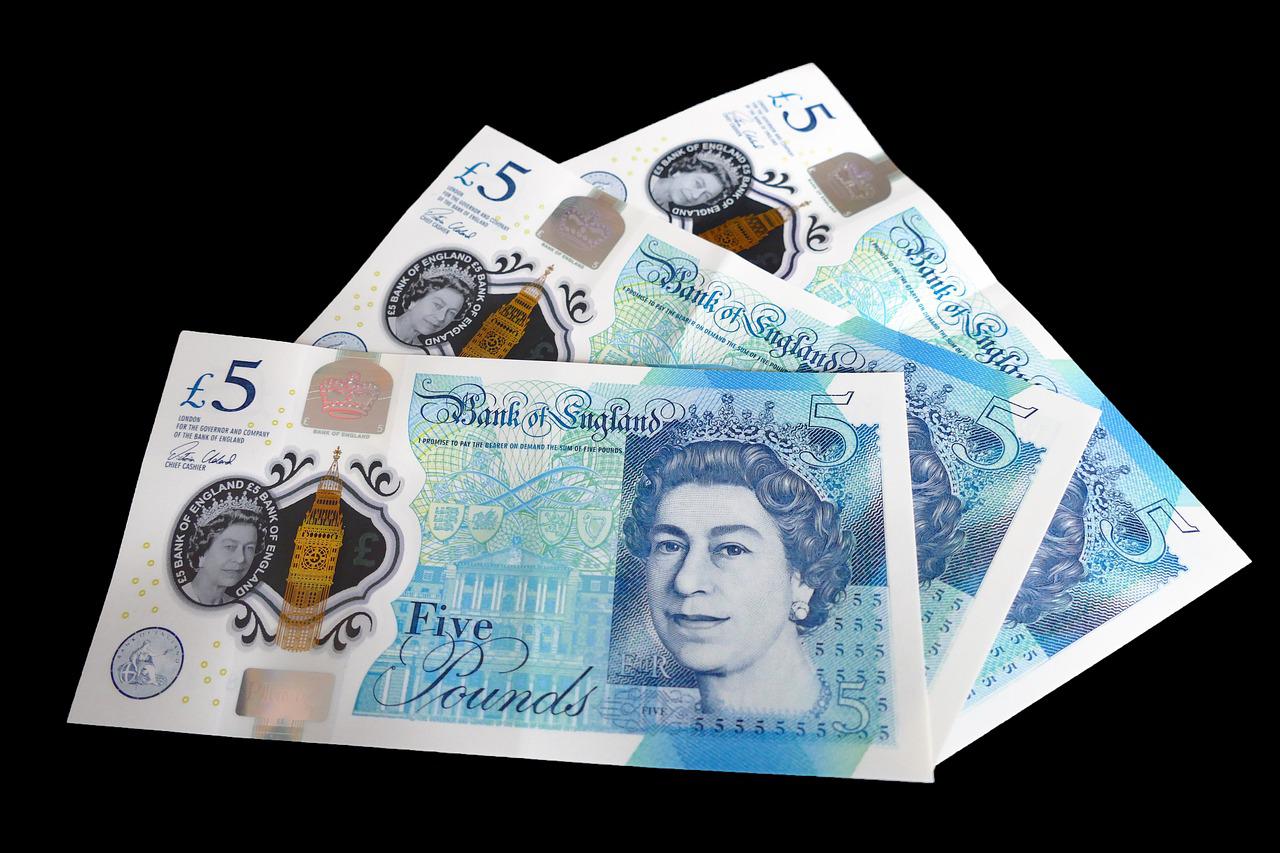On Tuesday, the Sterling declined against the euro and was on course for recording its biggest monthly drop against the common currency in the last 16 months.
This is because the energy crunch once more fueled worries about a recession in the British economy.
Energy crisis
US investment bank Goldman Sach’s economists issued a warning that if spiraling gas prices do not reduce, it is possible that inflation in the United Kingdom could go past the 20% mark.
They also added that an economic recession was also on its way in Britain. The country’s household energy bills are expected to record a rise in October by 80%.
On Friday, the regulator announced that the average annual bills would reach 3,549 pounds. This saw a 0.2% dip in Sterling at 1008 GMT to 85.55 pence.
Such levels have not been recorded in the last six weeks. But, the British pound was also able to gain 0.2% against the US dollar, as the latter was weakening for the day.
It reached a value of $1.1731 after it had declined to its lowest level against the dollar on Monday since March 2020. The currency has lost about 13% against the dollar in 2022 so far.
More pronounced recession
Market analysts noted that the sterling was not able to get support from the expectations of a hike in interest rates by the Bank of England (BoE) this year.
This is because the economy is under pressure because of the energy supply crunch. Analysts stated that if gas prices continue to rise, the recession risk would become more pronounced.
In addition, the recession would last for longer than previously expected. Part of public life has already become paralyzed because of strikes, as real wages have recorded a significant decline.
This has resulted in a decline in purchasing power as well. Some of the other headwinds that the British currency is dealing with include labor shortage due to Brexit.
Furthermore, there is also a leadership contest ongoing in the Conservative Party and there is uncertainty about the fiscal policy that the next prime minister would adopt for dealing with economic challenges.
Other factors
The pub and brewing industry in Britain also called on the government to announce a support package urgently, or else the sector would be irreversibly damaged due to the eye-watering rise in energy costs.
There was also a record increase in costs of service businesses in Britain in the last three months. They have also cut back on future expectations, as demand could decline further due to inflationary pressure.
Data from the Bank of England (BoE) showed that there was a 13% rise in credit card borrowing in Britain in the 12 months ending in July.
This is the fastest rise since October 2005 and comes amidst a big rise in consumer borrowing since March 2019.
British government bonds were also on course for their biggest decline in a month since 1994 due to tighter monetary policy, soaring inflation, and the possibility of greater government borrowing.










